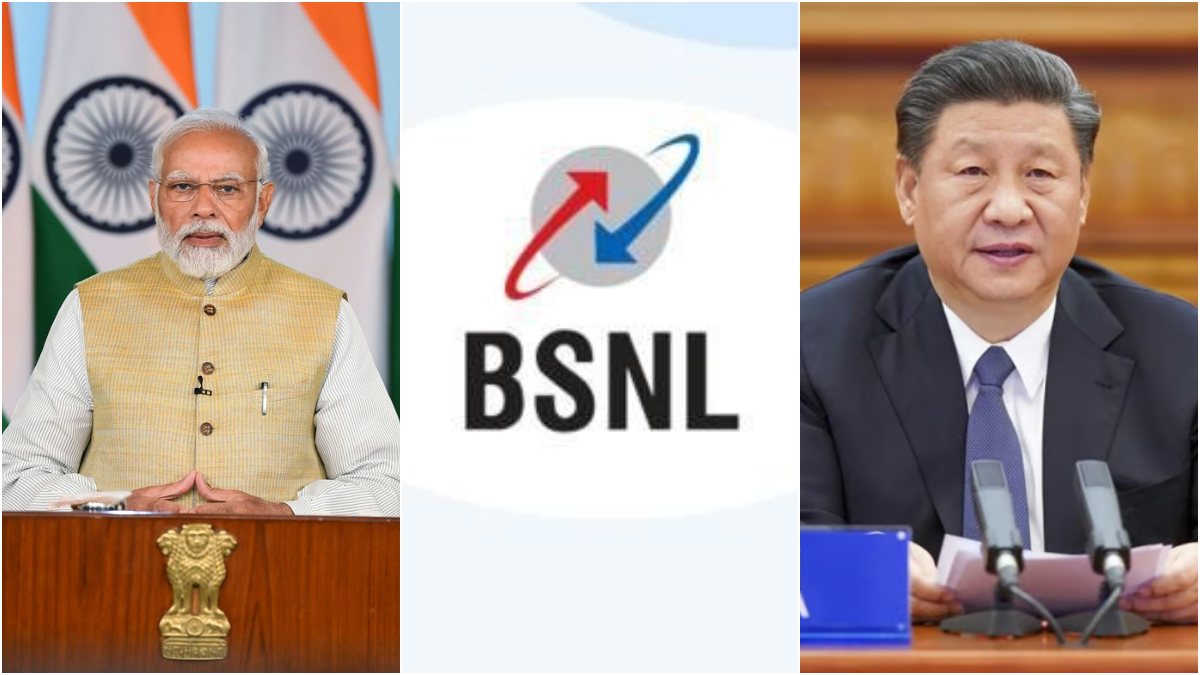All eyes are on the 5G rollout of BSNL, with Union Minister Jyotiraditya Scindia even using the new technology for a video call. New developments in BSNL’s 4G rollout reveal that the company is utilizing domestic equipment. Scindia confirmed that Prime Minister Narendra Modi mandated the use of Indian-made equipment for BSNL’s 4G network.
Following the involvement of Tejas Networks, it is now evident that Indian firms are deploying this equipment. Tata Consultancy Services (TCS) is leading this effort and has set up a data center for the project. By the end of October, 80,000 towers will be installed, and 21,000 sites are set to be completed by March next year.
Telecom companies are working to cover 100,000 sites. Once this is achieved, BSNL will focus on transitioning these 4G sites to 5G. Scindia highlighted that India is now the fifth country to use entirely domestic equipment for its new network, in line with PM Modi’s ‘Atmanirbhar Bharat’ (self-reliant India) vision. The country is committed to using its technology to provide 4G access to its citizens.
Also Read: Tech Giants Trim 10,000+ Jobs in July: Revenue, AI Trends Among Causes Behind the Cuts
India’s 5G Push
With around 100,000 sites under development, the introduction of the 5G network is imminent. Scindia, who has already used the new technology for a call, acknowledged delays in BSNL’s 5G launch but assured that it will be available to the public soon. He stressed that efforts are being made to deliver a top-notch 5G network.
This shift is also a setback for China, which has dominated the telecom equipment market. The move has negatively impacted many Chinese companies and marks a significant step for India to rely on domestic resources for its network infrastructure.
Also Read: Exposing Dark Patterns: How Mobile Apps Manipulate Users Through Deceptive Design













